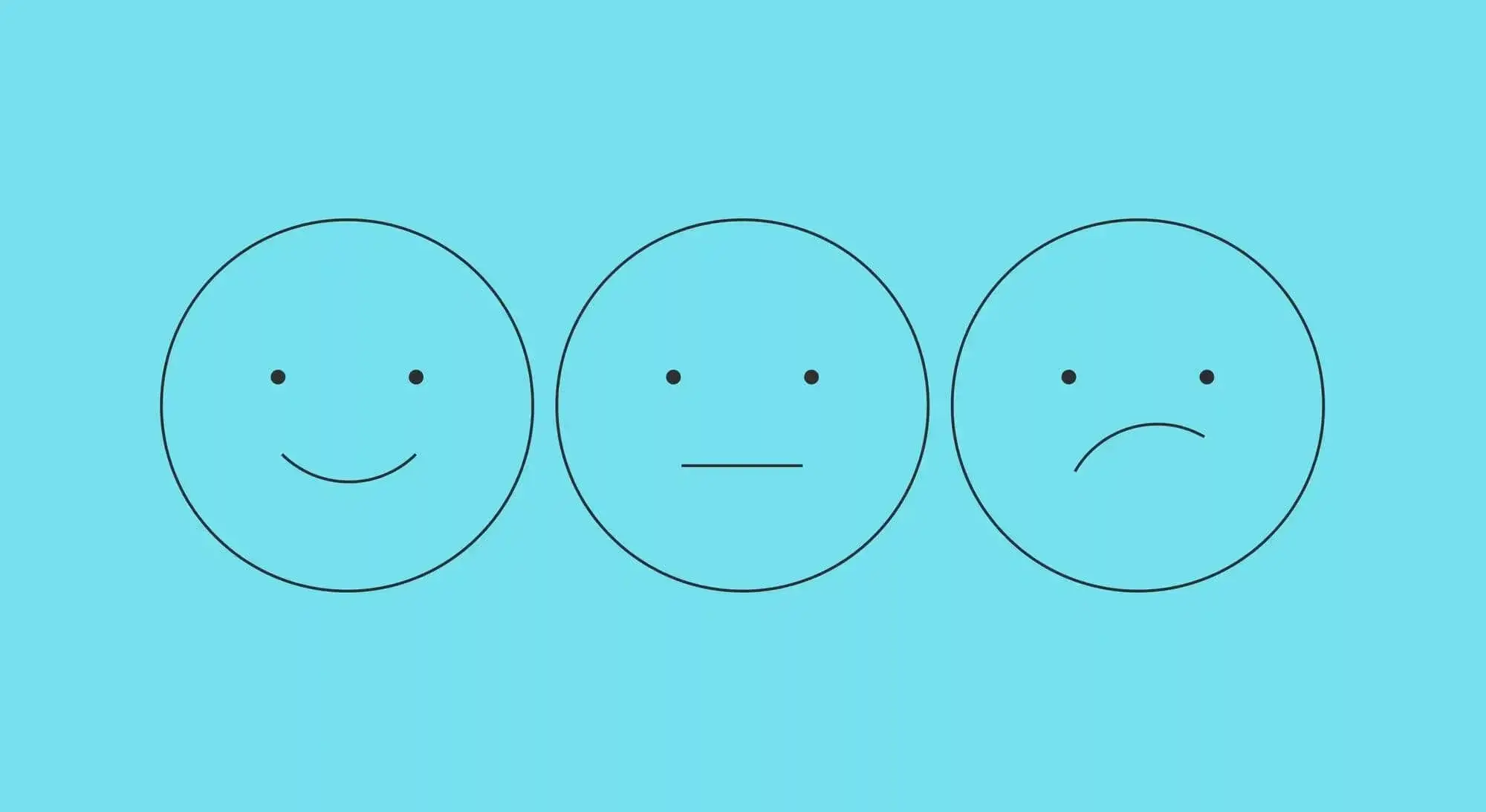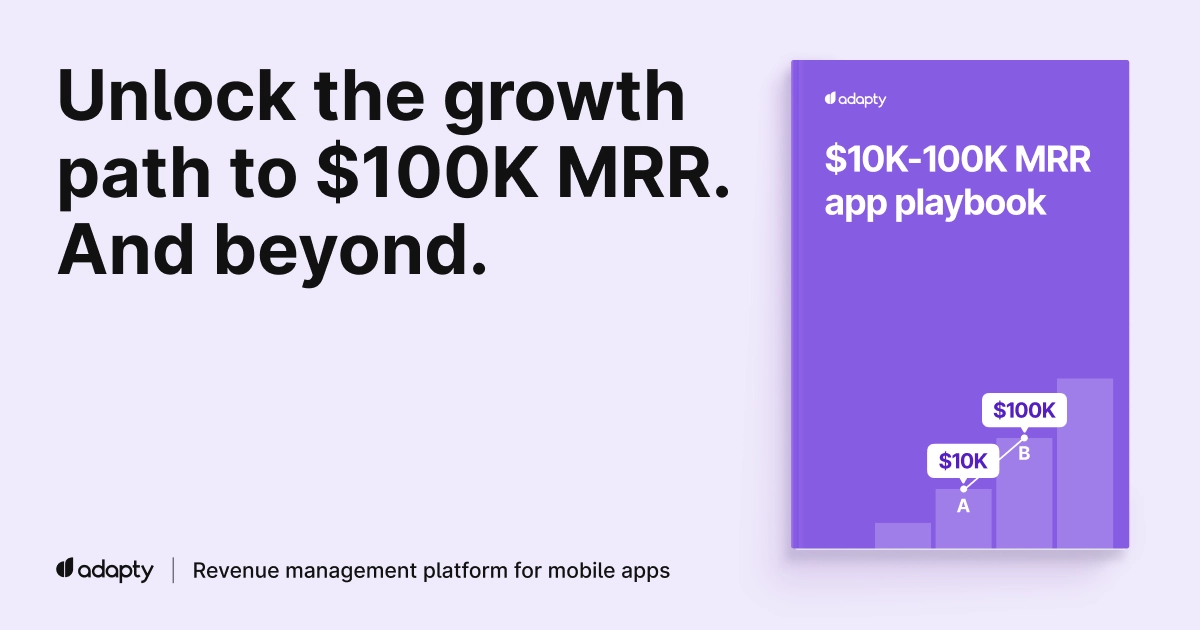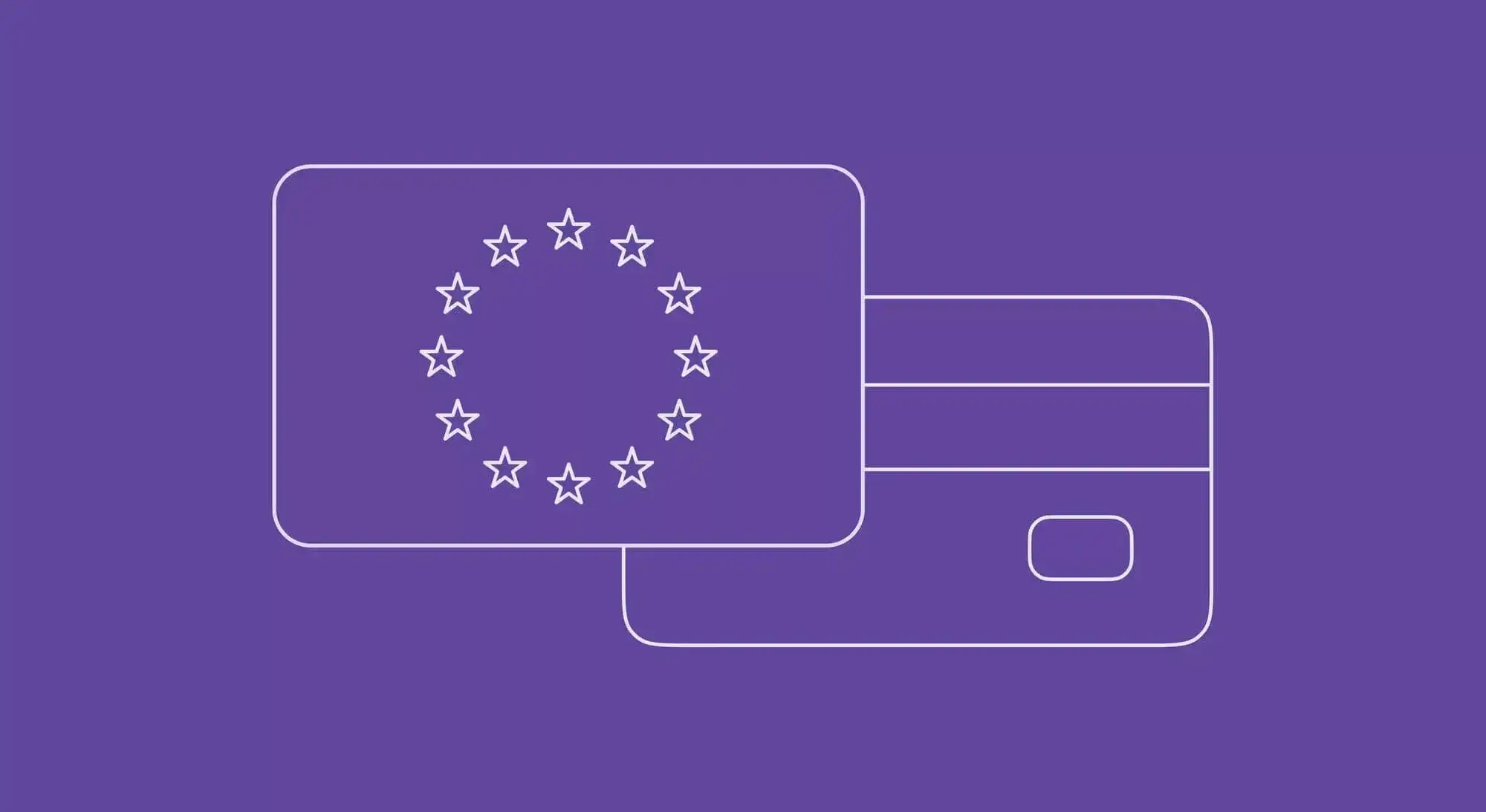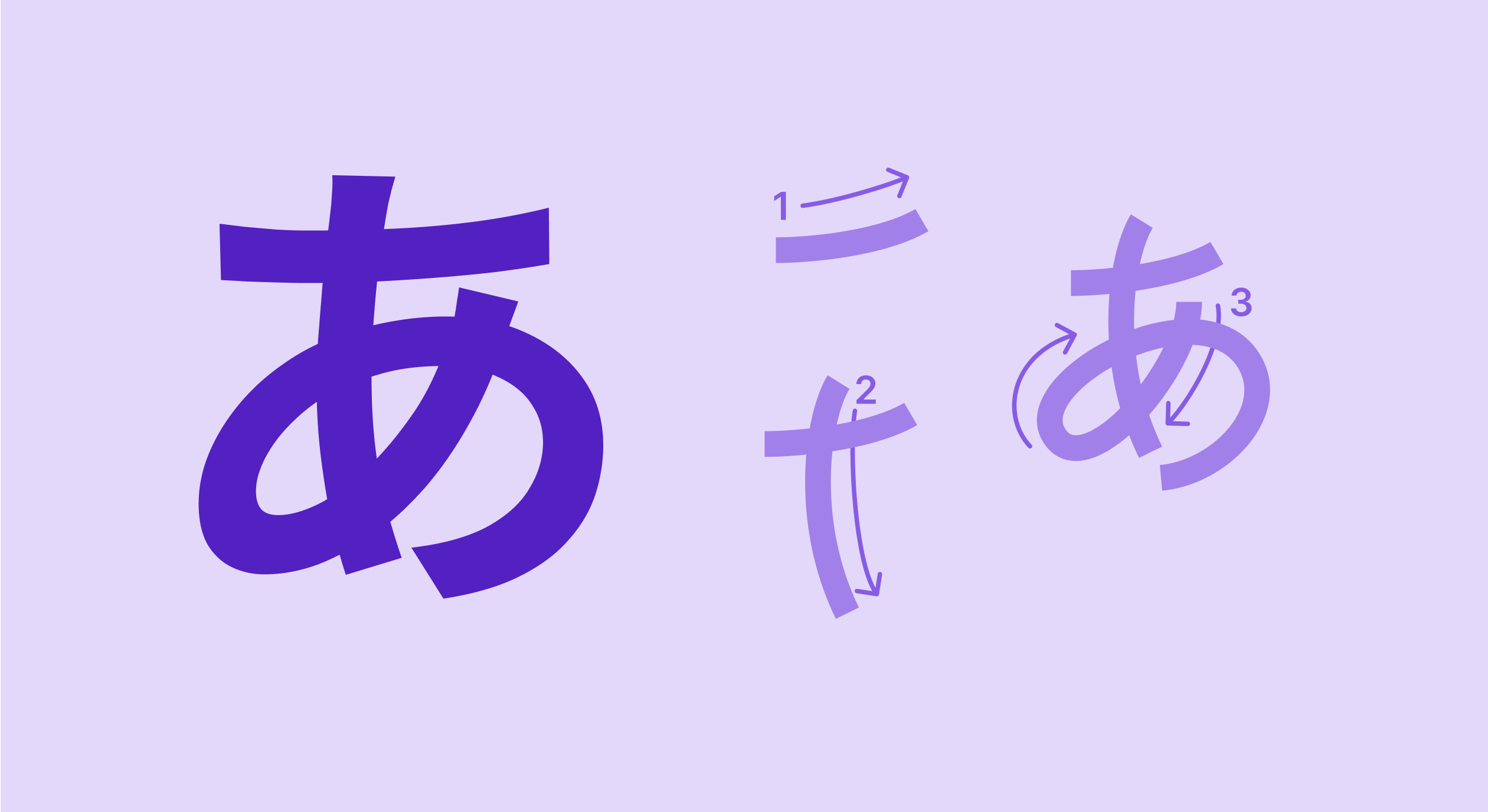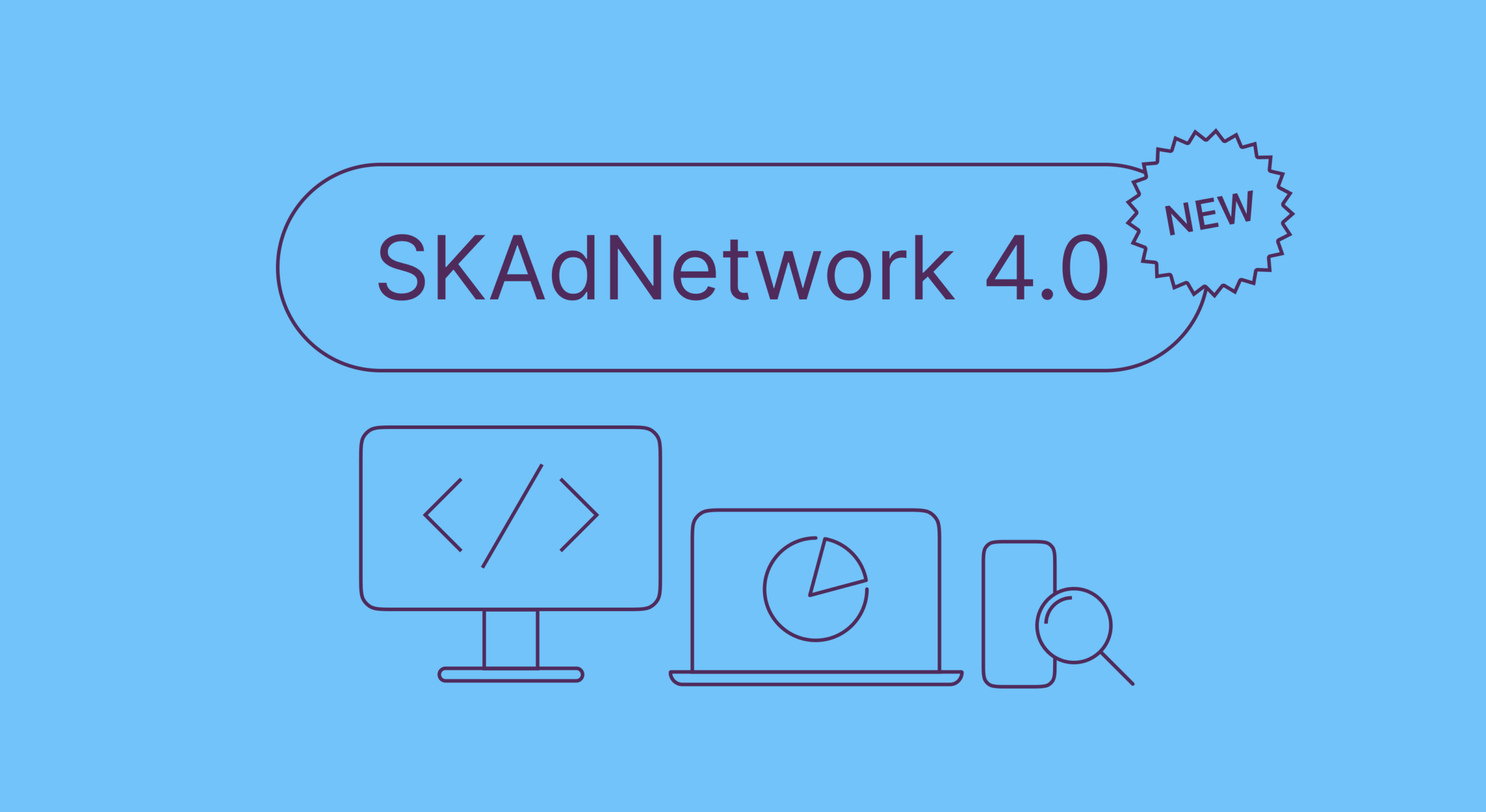iOS apps that make less than $1 million a year you are eligible for the new App Store Small Business Program allowing you to reduce sales cut from 30 to 15 percent starting January 1st. We compile everything you need to know about the upcoming changes, including actions, precautions, downsides and market reaction following the announcement.
The Good

Apple says that existing developers who earn up to $1 million in a calendar year are eligible for the new App Store Small Business Program. Revenue number is based on a post-commission basis, this means developers are eligible for the program until their proceeds, after Apple takes its cut, exceed $1 million.
Enrollment is now open for the new App Store Small Business Program, designed to accelerate innovation and help propel your small business forward. Featuring a reduced commission rate of 15% on paid apps and in-app purchases, this program helps you invest more resources into your business so you can continue building great apps. The vast majority of developers on the App Store who sell digital goods and services are eligible — simply complete a short enrollment form.
This means that you made less than $1 mil post-commission in 2020 you can (and should) apply. Then, if post-commission earnings exceed $1 million in July of 2021, you are going to become ineligible for the program effective of that date, and the standard commission rate applies for the remainder of the year. They are also ineligible for the program for the next calendar year.
Adapty numbers show that almost 96% of our developers are going to benefit from the new program which extrapolated to the whole community means more than 20 million of companies or individuals will get some ‘free cash’ next year.
But with all of that having been said, if a developer’s business falls below the $1 million threshold in a future calendar year, they can re-qualify for the program the year after.
Existing developers who made up to 1 million USD in proceeds in 2020 for all their apps, as well as developers new to the App Store, can qualify for the program and the reduced commission.
If a participating developer surpasses the 1 million USD threshold, the standard commission rate will apply for the remainder of the year. If a developer’s proceeds fall below the 1 million USD threshold in a future calendar year, they can re-qualify for the 15% commission the year after.
Developers must identify any Associated Developer Accounts to determine proceeds eligibility.
Apple notes that developers must list ALL associated accounts because the $1 million figure is determined by the collective proceeds of each account.
The App Store Small Business Program is intended for small businesses and individual developers. If your organization controls other Apple Developer Program accounts or is controlled by another account that sells digital goods and services on the App Store, the collective proceeds from these related organizations must not exceed the 1 million USD threshold in order to qualify for the program.
Apple says that you must submit your enrollment by December 18, 2020, at 10 a.m. PST to receive program benefits by January 1, 2021.
ENROLL NOW HERE: https://developer.apple.com/app-store/small-business-program/.
The Bad
While the iOS developers community mostly positively reacted to Apple’s step it still left numerous questions regarding the details of implementation.
One of the biggest problems may affect those who make around $1 million a year. Having a simple threshold approach means that in some cases it may be beneficial to stop earning when your revenue сomes up closer to the end of that magic bar with the goal of staying under the ‘Small Business’ conditions.
Imagine your apps make roughly $90k/m, then when you cross the threshold some time in Q4 you will not only get a 30% commission rate for the remainder of the current year, but also will affect your next fiscal year resulting in paying around $140k more in ‘Apple Taxes’.
Chart below illustrates this situation:
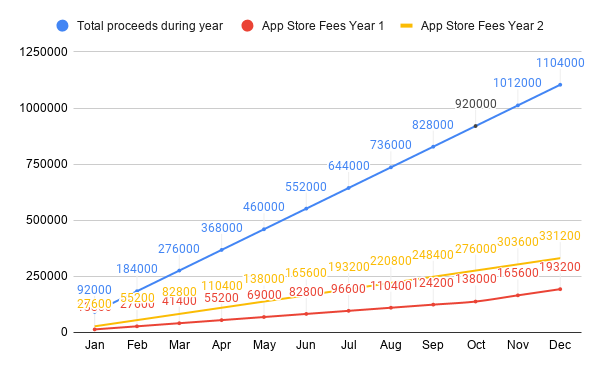
We already heard from some mid-sized developers that by the end of 2021 they intend to consider giving their customers as much free plans as possible to stay under $1 million.
The second contradiction lies in the way how developers are going to spend money that was freed up after the cut. Surveys show that most expected application of those resources is going to be ads/growth followed by product spengings. While the latter probably will turn into more hirings or increased salaries the ads spendings will lead to larger CPC across all networks.
Curiously Apple hasn’t created any special terms for Small Businesses for Search Ads or any other promotion-related campaigns. Which makes everyone almost certain that the cost of ads placements will increase especially in Search Ads but also in Facebook/Google systems along with other networks by the 5-10% following bigger bids placed by companies.
The Ugly

Main critique of Apple was not only regarding high App Store commissions but more about the fact it’s the only possible way to distribute apps for iOS at scale. Epic, Spotify and other companies formed an industry group called the Coalition for App Fairness, following Epic’s lawsuits against Apple and Google.
Most large-sized companies selling apps and services through the App Store ineligible to the new cut voiced increasing concern over how Apple manages the App Store and the rules it imposes on developers. They see the move as little more than grandstanding, a gesture to placate critics and regulators while doing little to address what the companies see as systemic issues with the App Store’s structure and the iOS ecosystem.
Machiavelli would be so proud of Apple. Trying to split the App Store opposition with conditional charity concessions, they – a $2T conglomerate – get to paint any developer making more than $1m as greedy, always wanting more. As clever as its sick.
“This would be something to celebrate were it not a calculated move by Apple to divide app creators and preserve their monopoly on stores and payments, again breaking the promise of treating all developers equally,” said Epic CEO Tim Sweeney in a statement. Sweeney was instrumental in Epic’s decision to include its own payment options in Fortnite, a move that pushed both Apple and Google to remove it from their respective stores.
For now it seems like Apple’s move has indeed worked out in impressing the ‘grass roots’ of iOS dev community and suspended discontent at least for some time and from the major part of the community.

